Contesting Lebanon’s sovereignty
By Denijal Jegic
Seventy-eight years after the proclamation of its independence, Lebanon’s sovereignty remains a contested issue. The former colonial power France and the Saudi regime continue to exert their influence on Lebanon’s affairs, while some are promoting the imperialist discourse of an alleged “Iranian Occupation.”
Following a targeted campaign against former Lebanese information minister George Kordahi and a diplomatic crisis initiated by Saudi Arabia and its Persian Gulf Arab allies against Lebanon, Kordahi resigned from his position. The politician, who was nominated by the Marada Movement, a Christian ally of Hezbollah, said in a press conference that he put Lebanon’s interests above his personal ones and did not want to be the reason any harm would be caused to Lebanon.
The circumstances around Kordahi’s resignation are another example of the contestation of Lebanese sovereignty and the political coercion the country is experiencing at the hand of foreign powers.
Kordahi explained that his resignation came at the suggestion of France prior to French president Emmanuel Macron’s recent visit to Saudi Arabia. Kordahi’s resignation would have been a prerequisite for Macron to discuss the restoration of diplomatic ties between Lebanon and Saudi Arabia.
The former information minister repeated his criticism of the Saudi-led war on Yemen. His earlier remarks on the futility of the war had led Saudi and its allies to cut ties with Lebanon and impose an economic ban against the country, which is already struggling with an unprecedented economic crisis. The factors that have led to Kordahi’s resignation reveal the extent to which Lebanon’s sovereignty and democracy are contested. The entire crisis around Kordahi was engineered. It was not necessarily about the remarks he made about Saudi’s war on Yemen. In fact, some of the Saudi regime’s closest allies have expressed harsh criticism of Riyadh’s war against Yemen. Yemen is experiencing a famine. According to the UN, millions of people are threatened by starvation. In this context, Kordahi voiced a sound assessment of the disastrous struggle in Yemen.
Rather, the engineered crisis was about Saudi’s insecurities in the region, after continuous setbacks in Yemen and Lebanon. The attacks against Kordahi were another attempt to coerce the Lebanese resistance movement and major political party Hezbollah and to further isolate Lebanon.
These developments are also a display of the force of colonialism and imperialism and its continuous effects on Lebanon. France, which, even despite its continuously racist foreign policy, claims to represent democratic values, interfered once again in Lebanon’s affairs.
The Conspiracy Theory about “Iranian occupation of Lebanon”
Despite this clearly visible meddling, some in and beyond Lebanon continue to perpetuate the claim that Lebanon is under an Iranian occupation. This idea has been alleged by some media outlets and repeated by media personalities, including celebrities who called for an “end” to the “Iranian occupation” to their millions of social media followers. On top of this misinformation and incitement, some have even staged protests against the “occupation”.
This theory, perpetuated by a minority, is in line with the imperialist narrative on Lebanon, visible in Western politics and mainstream media. It exploits the predominant racist views about Iran, portraying Iran as inherently evil and claiming that Shia Lebanese and supporters of the resistance are “proxies”, foreign agents, and invaders working on behalf of the Islamic Republic.
In this narrative, Iran is categorically implied in any newsworthy event in Lebanon. The beginning of the protests against corruption in October 2019 were portrayed as an alleged anti-Iranian movement in dominant U.S. media and exploited as such by former U.S. Secretary of State Mike Pompeo. The first confirmed case of coronavirus in Lebanon was blamed by some on Iran, who referred to it as an Iranian virus. In the immediate aftermath of the deadly Beirut port explosion, some again blamed Iran - not because Iran had anything to do with the disaster, but because it would have been a convenient narrative.
The current developments are neither a coincidence nor an isolated phenomenon. Rather, they are facilitated by Orientalist structures that have been shaping the Western anti-Iranian discourse for over four decades now. Fantasies about alleged Iranian dominance continue to shape local, regional, and transnational imperialist framings of Lebanon.
Orientalist fantasies of modernity
This may primarily have to do with Iran’s lead in the anti-imperialist fight against terrorism and Zionism and its instructive role in opposing U.S. hegemony in Western Asia.
For years, the U.S., Israel, and their allies have invested exhaustive efforts in demonizing Hezbollah, Iran, and at times, the Shia population as such, within the Orientalist discourse that labels Iran and its allies as stuck in a primitive time and space. The overarching goal of the Western axis in Lebanon has been to weaken Hezbollah or coerce the resistance movement into capitulation. Abandoning the armed resistance and its weapons would, according to this discourse, help Lebanon advance into modernity and connect it to the Western liberal democracies and, as a result, to the Israeli apartheid regime.
The current reality of a Lebanon that is part of the axis of resistance contradicts the nostalgic fantasies of the country being the “Switzerland of the Middle East”.
And while the conspiracy theory of the Iranian occupation continues to spread in the media, it might be important to remember that Kordahi is not the first Lebanese politician to resign under Saudi pressure. Former PM Saad Hariri, himself a Saudi citizen, was reportedly abducted in the Saudi kingdom in November 2017, and forced to read his resignation live on Saudi state television. There is, however, no discourse about a Saudi occupation of Lebanon.
Denijal Jegic is a writer and researcher, currently based in Beirut, Lebanon. He holds a PhD in American studies.
(The views expressed in this article do not necessarily reflect those of Press TV.)
Israel suffers all-out defeat from resistance front: Leader's aide
Israel launches simultaneous ground assaults on Rafah, Shujayea
Iran’s aviation survived 4 years of sanctions without incident: Official
VIDEO | One Palestinian killed, 5 injured in Israeli airstrike on West Bank camp
Region going through serious changes amid Gaza war: Egypt
VIDEO | Press TV's news headlines
Hospitals will face shutdown within 48 hours: Gaza Health Ministry
Complex situation in Afghanistan requires comprehensive talks: Iran envoy


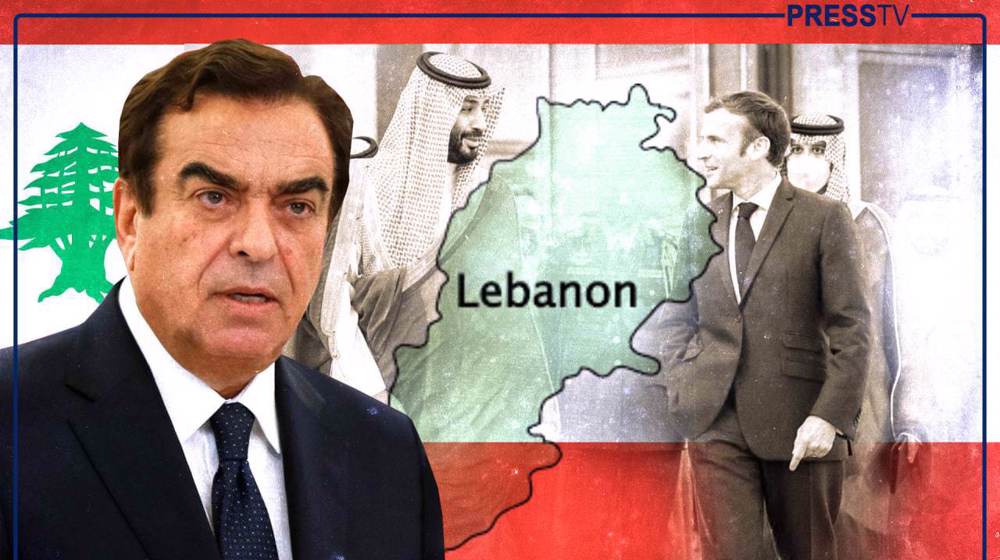
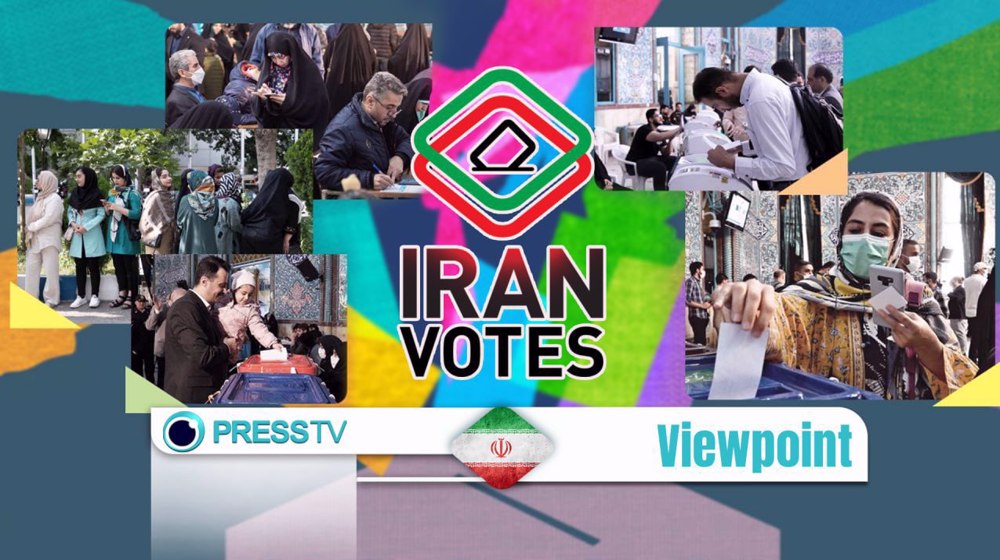
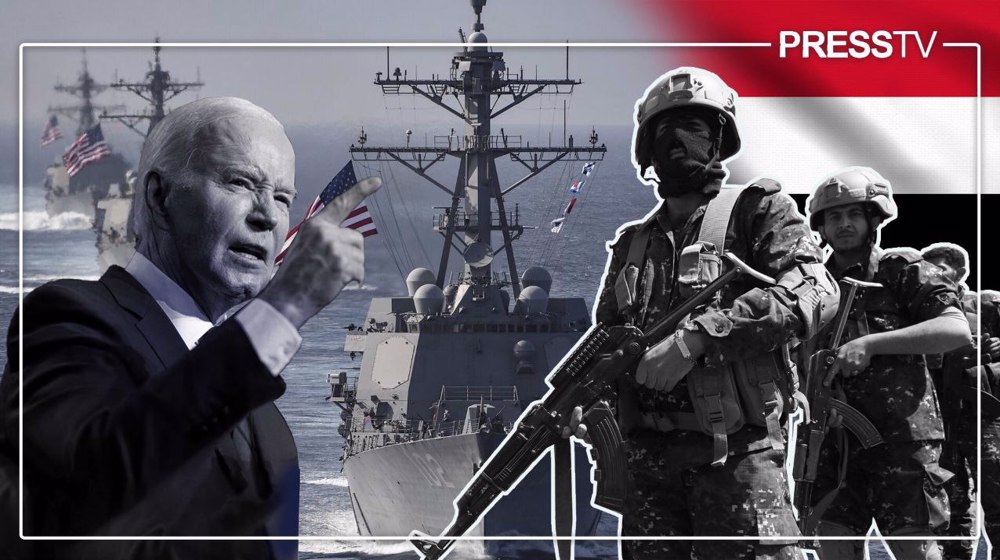
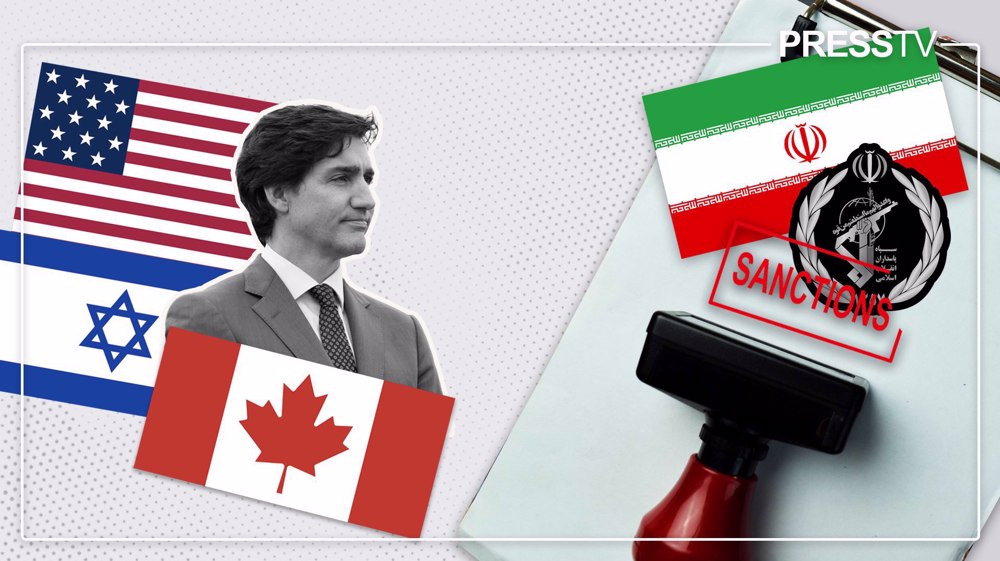



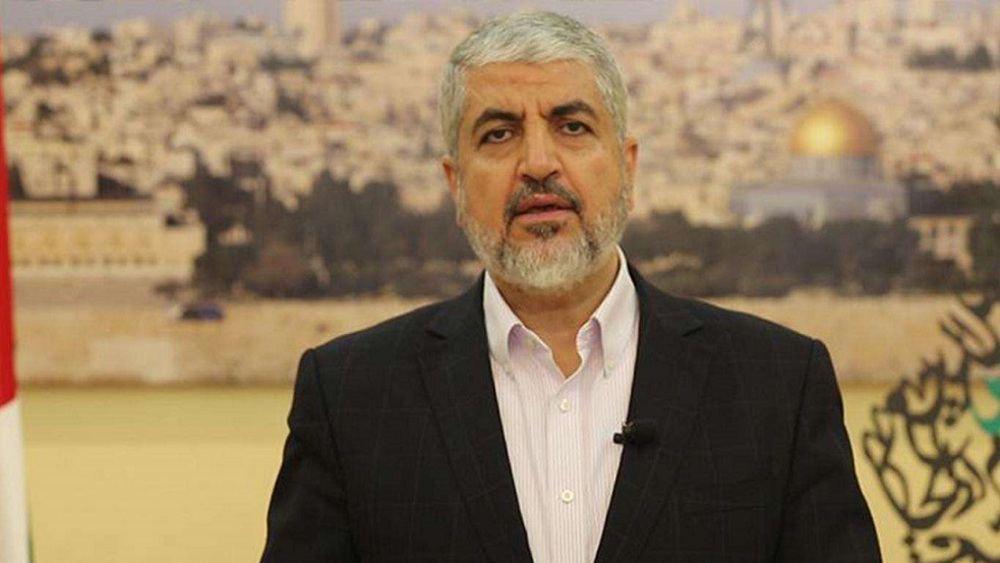
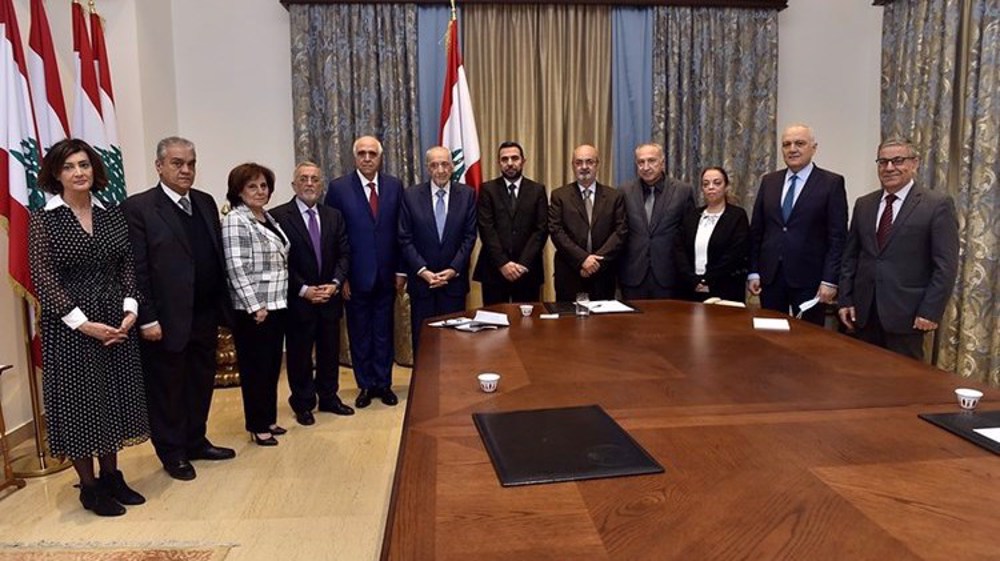
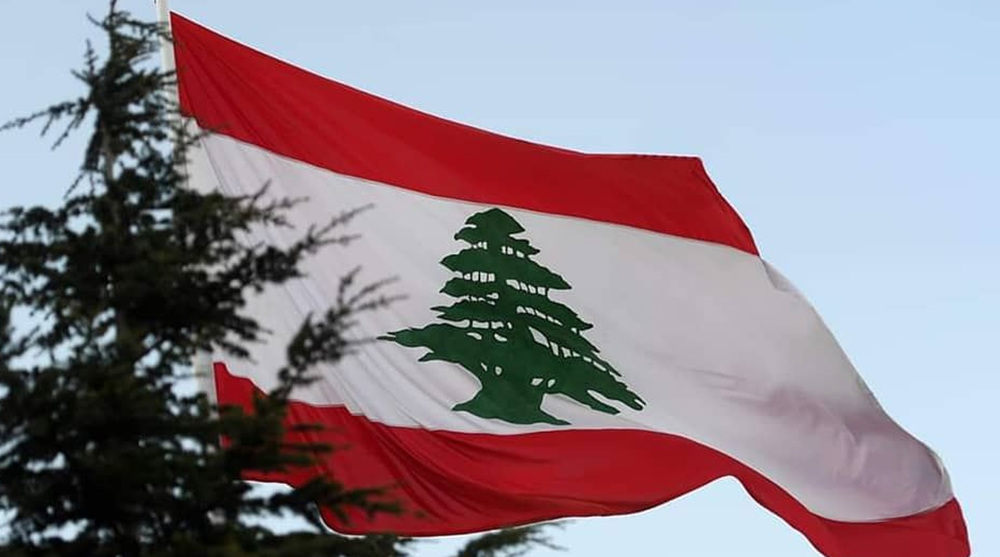
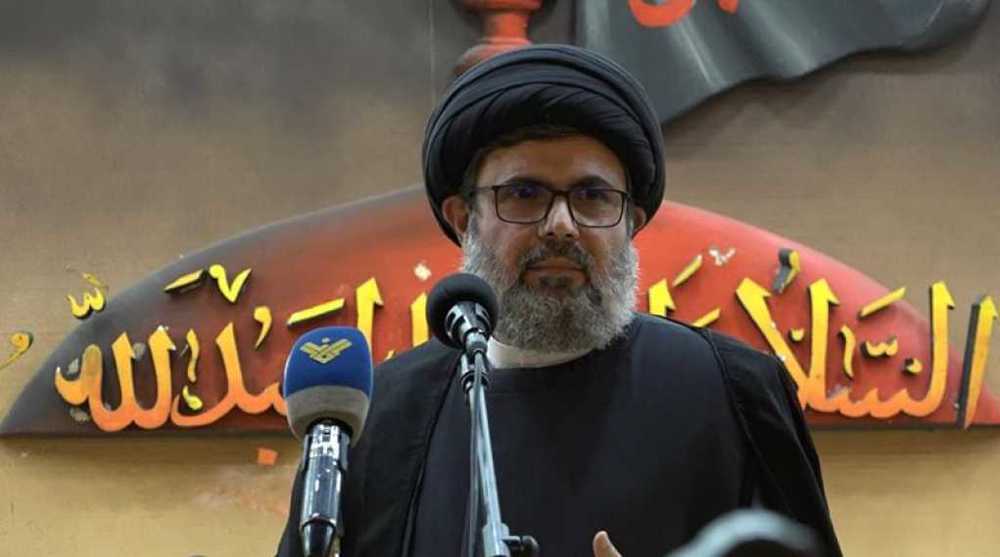
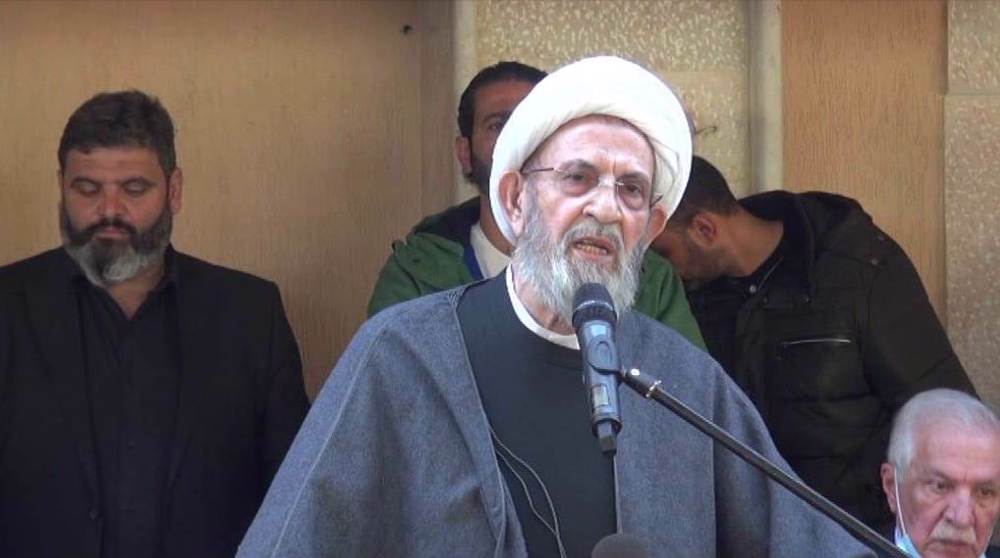
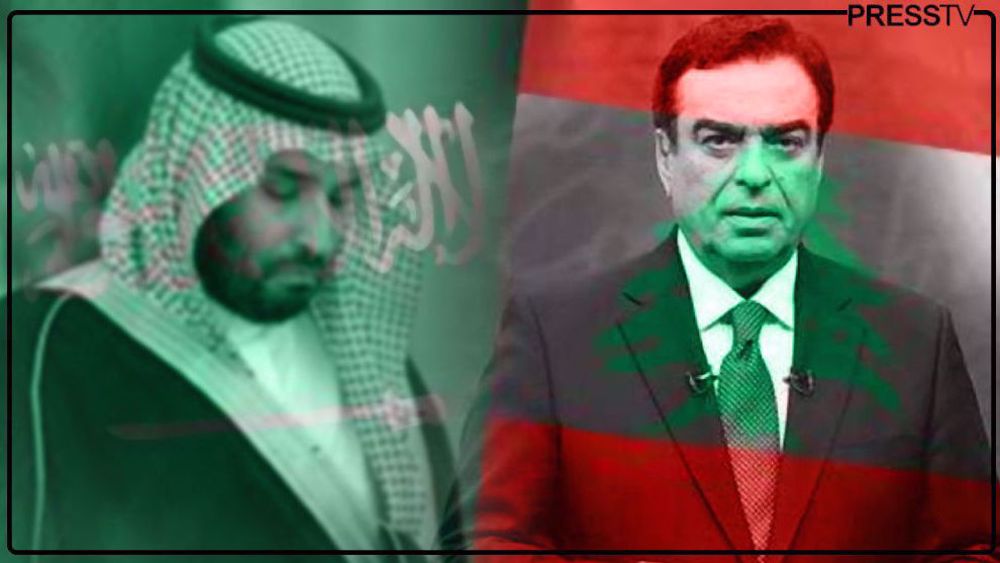

 This makes it easy to access the Press TV website
This makes it easy to access the Press TV website